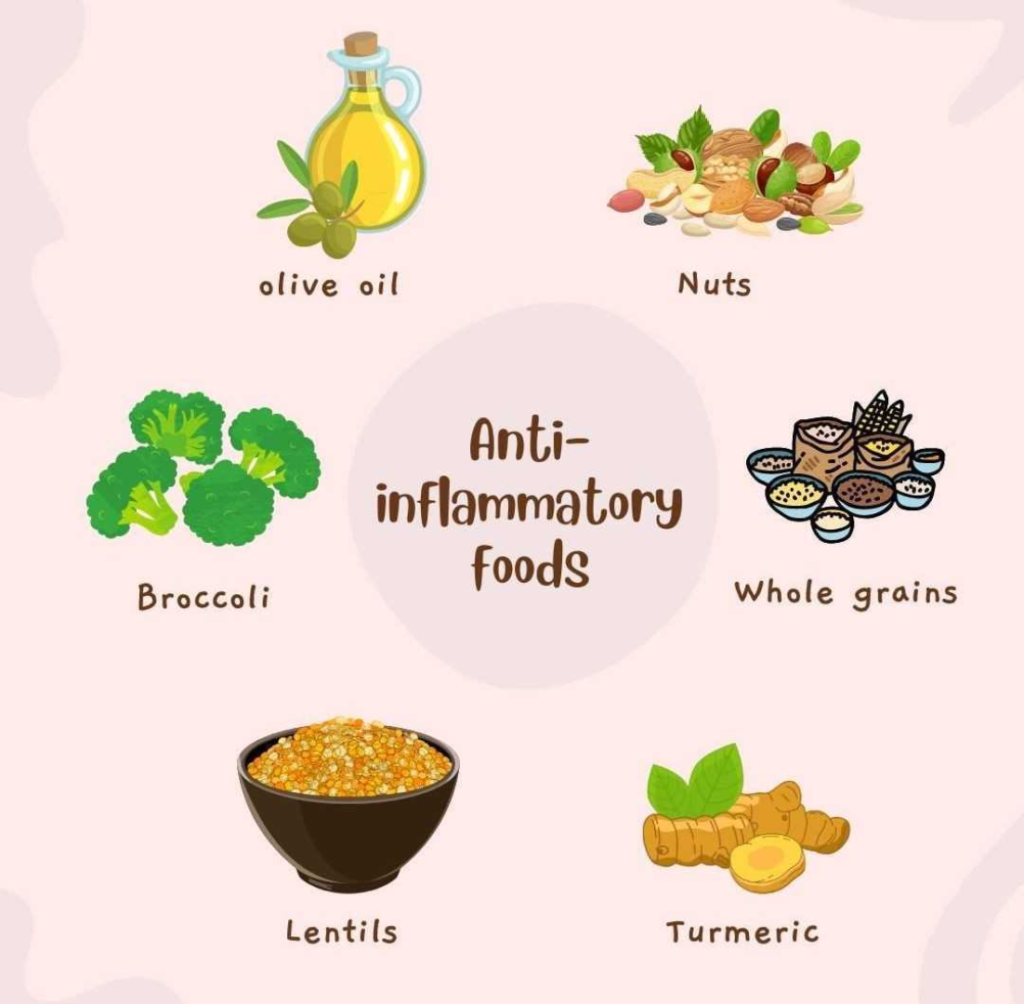In the ever-evolving landscape of healthcare, the intersection of nutrition and immunology has emerged as a focal point in understanding and addressing allergies. Allergies, affecting a substantial portion of the global population, necessitate a comprehensive approach for both prevention and management. This article delves into the intricate relationship between nutrition and allergies from a scientific standpoint.
As researchers delve deeper into the molecular mechanisms influencing immune responses, the significance of dietary choices in allergy prevention becomes increasingly apparent. From the prenatal period to early childhood and beyond, nutrition plays a pivotal role in shaping immune resilience. This scientific perspective aims to unravel the nuanced connections between specific nutrients, immune modulation, and the prevention and management of allergies, shedding light on the potential of personalized nutritional interventions in this complex realm of healthcare.
Basics of Allergies
Allergies, characterized by the immune system’s hypersensitive response to normally harmless substances, are pervasive in today’s society. Common allergens include pollen, certain foods, insect venom, and pet dander. The immune system’s misguided reaction to these substances triggers the release of histamines, leading to a spectrum of symptoms, ranging from mild discomfort to severe, life-threatening reactions. Understanding the basics of allergies involves recognizing the intricate interplay between genetics, environmental factors, and immune responses.

Allergic conditions such as hay fever, asthma, and eczema exemplify the diverse manifestations of this immune system dysfunction. As researchers delve into the complexities of allergic reactions, a foundational grasp of these basics is crucial for individuals, healthcare providers, and researchers striving to navigate the multifaceted landscape of allergic diseases.
The Immune System and Allergies
The immune system, a formidable defender against pathogens, occasionally falters in individuals susceptible to allergies. Allergic reactions stem from an exaggerated immune response to harmless substances known as allergens. When exposed to these allergens, the immune system misidentifies them as threats, triggering the release of histamines and other chemicals. This immune hypersensitivity results in various symptoms, from sneezing and itching to severe anaphylaxis.
Understanding the intricate balance of the immune system and its occasional missteps in the context of allergies is pivotal. Ongoing research aims to decipher the underlying mechanisms, providing insights into more effective prevention and management strategies for allergic conditions.
Nutrition and Immune System Modulation
Several studies have highlighted the connection between nutrition and the modulation of the immune system. A well-balanced diet rich in essential nutrients can strengthen the immune response, potentially reducing the likelihood of allergic reactions. Key nutrients involved in immune function include vitamins A, C, D, and E, as well as zinc, selenium, and omega-3 fatty acids.
Antioxidants, found in fruits and vegetables, play a crucial role in neutralizing free radicals and reducing inflammation. This anti-inflammatory effect may help mitigate allergic responses. Additionally, probiotics, commonly found in fermented foods, contribute to a healthy gut microbiome, influencing immune regulation.
Prenatal Nutrition and Allergy Prevention
The impact of nutrition on allergies begins even before birth. Prenatal nutrition has been linked to the development of a child’s immune system and their susceptibility to allergies later in life. Studies suggest that a mother’s diet during pregnancy can influence the child’s risk of developing allergies.

For instance, omega-3 fatty acids, found in fish and flaxseeds, have been associated with a reduced risk of allergic diseases in children. Vitamin D, obtained through sunlight exposure and certain foods, is also crucial for immune system development and has been implicated in allergy prevention.
Breastfeeding and Early Introduction of Solid Foods
Breast milk is considered the gold standard for infant nutrition, providing essential nutrients and antibodies that support the developing immune system. Breastfeeding has been associated with a lower risk of allergic diseases, including eczema and asthma.
Introducing solid foods to infants is another critical juncture in allergy prevention. Guidelines recommend introducing common allergenic foods, such as peanuts and eggs, early in a child’s diet to reduce the risk of allergies. This counters previous recommendations that suggested delaying the introduction of allergenic foods, emphasizing the importance of early exposure.
Food Allergies and Elimination Diets
For individuals already dealing with food allergies, proper nutrition becomes paramount. Elimination diets, which involve avoiding specific allergenic foods, are often necessary. However, eliminating certain foods can lead to nutritional deficiencies, making it crucial for individuals with food allergies to work closely with healthcare professionals to ensure they meet their nutritional needs.
Nutritional interventions may also include the use of hypoallergenic formulas for infants with severe allergies. These formulas are carefully designed to provide essential nutrients while excluding common allergens, offering a safe alternative for those unable to tolerate traditional formulas or breast milk.
Proactive Management with Anti-Inflammatory Foods
Beyond prevention, nutrition plays a crucial role in the management of existing allergies. Certain foods possess anti-inflammatory properties that can help alleviate allergy symptoms. Turmeric, ginger, and green tea are examples of foods with natural anti-inflammatory compounds.

Moreover, omega-3 fatty acids found in fatty fish, flaxseeds, and walnuts have been studied for their potential to reduce inflammation and improve respiratory symptoms in individuals with allergies and asthma. While these dietary interventions may not replace conventional allergy medications, they can complement standard treatments and contribute to overall well-being. Incorporate these foods in your daily lifestyle and you will notice a major difference.
Summing it Up
The scientific exploration of the role of nutrition in allergy prevention and management underscores the intricate relationship between dietary choices and immune system function. From prenatal nutrition influencing a child’s susceptibility to allergies to the impact of breastfeeding and early exposure to allergenic foods, the evidence supports the importance of a well-balanced diet in reducing allergy risk.
As research continues to unravel the complexities of allergies, integrating nutritional strategies into comprehensive allergy prevention and management plans holds promise. While nutrition alone cannot eliminate allergies, its influence on the immune system highlights its potential as a valuable adjunct to conventional approaches. Embracing a holistic perspective that includes both dietary and medical interventions may pave the way for a more effective and personalized approach to addressing the growing challenge of allergies in our society.




